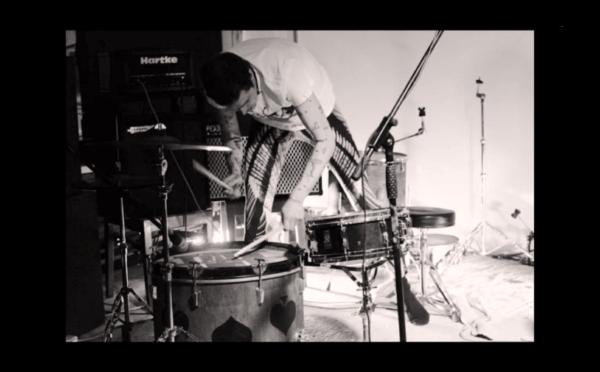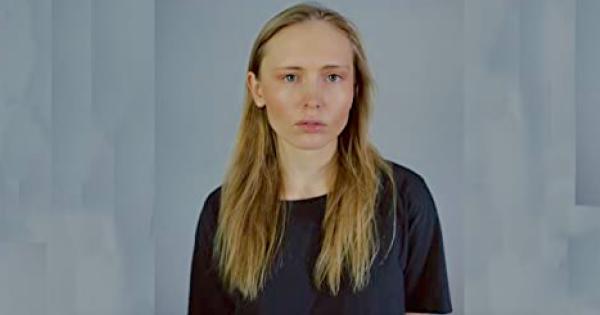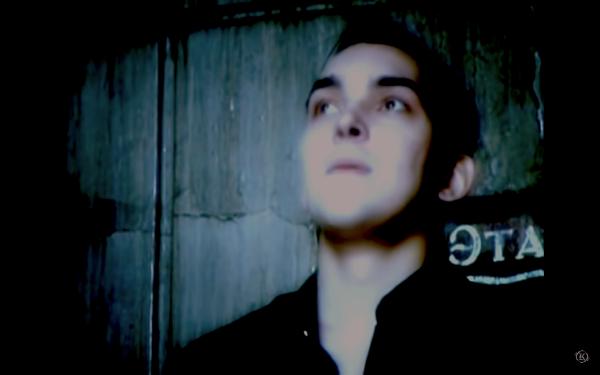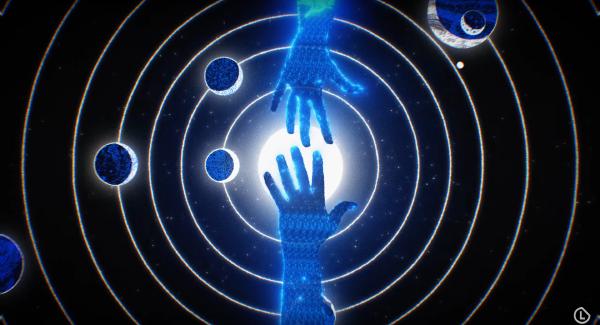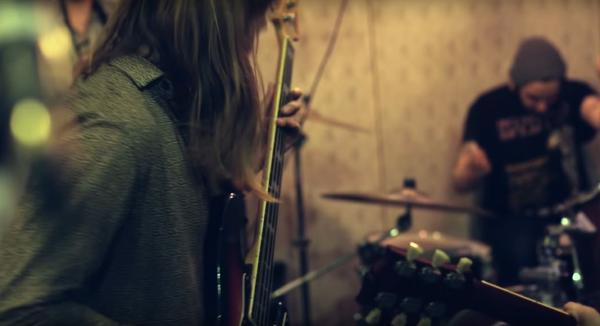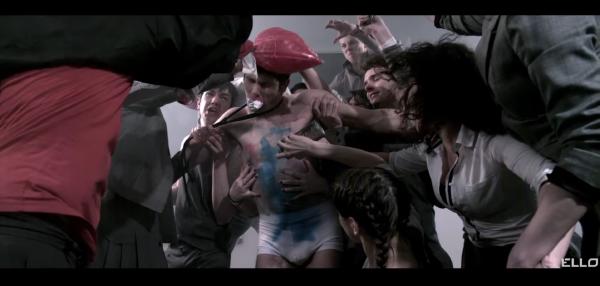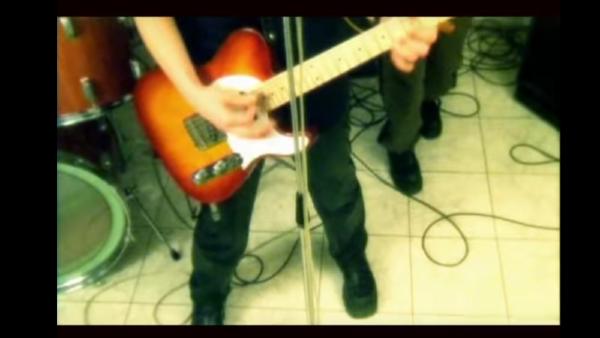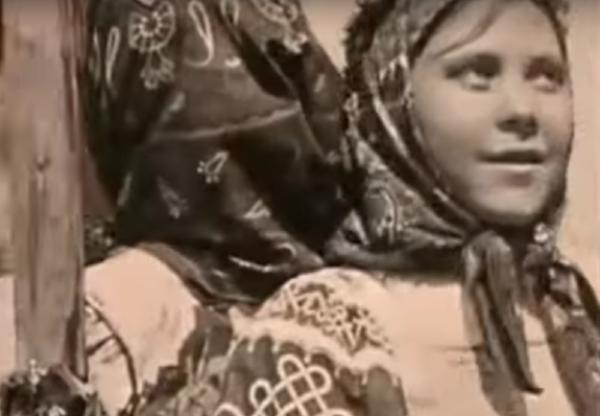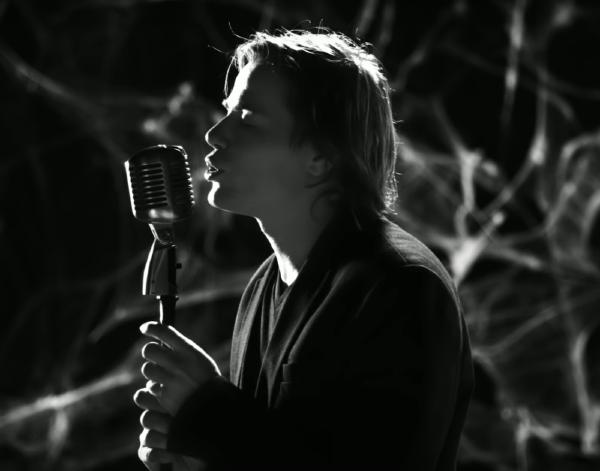Music
Shokalsky Revenge
Music
They say it takes two to tango, but you can rock just as well with two. Everyone knows this since White Stripes, Black Keys,
Black Diamond Heavies, etc. This band is in the same vein, but rocks по-русски (in Russian): Shokalsky Revenge from Saint Petersburg.
“Band biographies are usually boring to ugly, and after reading them, you feel sorry for the writer, so we’ll try to keep it short.” This is how the bio of Skverna, a power trio with songs about про котов, партизан и всяческую сумятицу – cats, partisans, and all kinds of confusion – begins on their
VK page.
About leaving and being certain. Не найти в доме дома: no home found in the house. Лучше пусти меня: better to let me go. And что там не ждут меня, that they aren’t waiting for me there: это не беда – it doesn’t matter, no big deal.
Louna 3x
Music
Lousine Gevorkyan (1983) has already made an appearance with
Тараканы!, but outside of such collaborations, she is the lead singer of her own project, Louna. Rock from Moscow (since 2008) with an occasional message: ‘The band is best known for its socially conscious songs criticizing Russian political elites’ (
Wikipedia).
Казускома 4x
Music
Good music in the spectrum where Казускома (Kazuscoma) operates is not easy to find in Russian. This trio from Moscow is a discovery worth sharing with great pleasure. Call it hard rock, blues rock, seventies, or stoner—this is rock that doesn’t care about names. Denim jackets and long hair, Flying V (or Gibson SG) guitars, and Marshall amps make the party complete.
Герой нашего времени (Hero of Our Time) is a novel (from 1840) by
Mikhail Lermontov, but you probably already knew that, and if not, check
Wikipedia. If you change the й to и, you turn the hero into heroes (an explanation of plurals in the nominative case can be found
here), and we’re right where we need to be: with the song (from 2018) with a striking video by НАИВ (or NAIV, Naïve).
Korsika – Rage
Music
Ярость means rage. It is not only dangerous for the one it is directed at, but also for the one consumed by it. Because it grips you by the throat (держит тебя за горло), not a drop of oxygen (ни капли кислорода), chances of escape are close to zero (шансы уйти под ноль). The grip of rage is painful (держит тебя так больно), thoughts taste like blood (мысли со вкусом крови) and no, this is not a movie (нет, это не кино).
Vadim Kurilev – Harakiri
Music
Слот – Russian Soul
Music
Where people elsewhere talk about the heart (in the heart, from the heart, etc.), in Russia, you would more likely speak of the soul (душа). Русская душа is the famous Russian soul. One of the characteristics presented by Слот (or Slot): Сначала сделаем, а думать будем потом: first, act, then think. Живём один раз, а после нас хоть потоп: we live once, and after us, let the flood come.
Amatory – First
Music
Not all beginnings are difficult. Первый (pjervie) means ‘first’, and the first words you hear are Попадая в мою кровь. Freely translated: creeping into my blood. You can see in the clip what can creep into a man’s кровь (blood).


